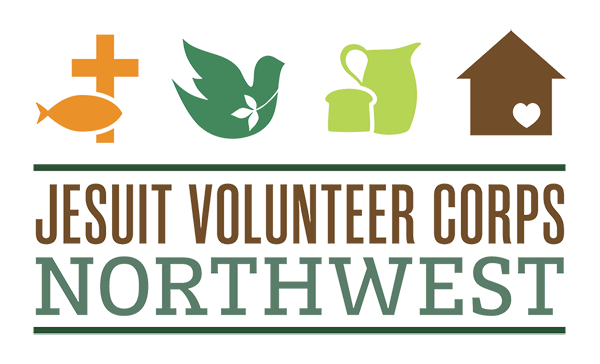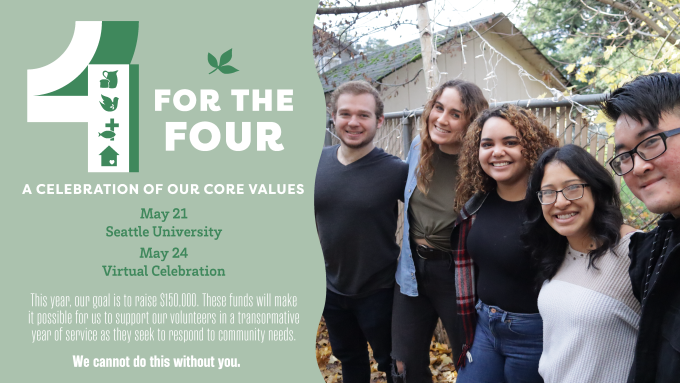Last year, JV AmeriCorps Member Laura West served as the Preparedness and Casework Specialist with the Red Cross of Alaska. In its 20 years of existence, AmeriCorps has provided critical support to millions of Americans affected by disaster. In the month of August, as we continue to celebrate the 20th Anniversary of AmeriCorps, we highlight Disaster Services and our very own Laura West!
One month into my year of service, the American Red Cross of Alaska witnessed one of the worst multi-family apartment complex fires in our chapter’s history. One hundred four residents, in the city’s lowest income neighborhood, were displaced from a 38-unit complex that had burned almost completely to the ground. When I and the other Red Cross Disaster Action Team members arrived on scene the building was still ablaze; within minutes of our arrival, the entire roof erupted in flames. For four hours, we stayed on scene, interviewing families, offering refreshments to the first responders, and planning how to open a shelter for the displaced residents.

As a JV AmeriCorps member in Anchorage, AK, I served with the American Red Cross of Alaska as the Preparedness and Casework Specialist. Half of my time was devoted to managing the Preparedness Education program statewide, while the other half was dedicated to serving as a recovery caseworker for individuals and families affected by disasters. In that role, I would meet with residents after a disaster, either in person or over the phone, provide them with assistance for immediate, disaster-caused needs, and work with them to develop a recovery plan. This included securing new housing, seeking health or mental health help if needed, and directing them to other agencies that could fulfill certain needs the Red Cross could not meet.
Scenes like the one above – of immeasurable loss and immense grief – frequented the weeks and months I was with the Red Cross. In November, I experienced my first fire where there was a casualty. Later in the year, I listened to a man on the phone sob at the loss of his girlfriend. January was one of our worst months for home fires – we had six in the first two weeks, including another multi-family apartment fire. In mid-May, my supervisor called me early in the morning, and asked me to lead the response at one fire, while he was about to head out to another page we had received from the fire department. The next weekend, the whole Disaster Services team was called in on Sunday afternoon to open shelters and begin an operation for a wildfire that eventually burned 200,000 acres on the Kenai Peninsula.
Most of the individuals that the Red Cross assists are low income, unemployed, or disabled. What made serving as a caseworker the most difficult were the times when I realized that our services would not be enough for my clients. Many of them needed full time case management or more long-term services, which we could not provide and which were not readily available in Anchorage. I remember one case in particular, where I worked with an army veteran for over three months, guiding him step-by-step through a turbulent recovery process, all the while knowing that he would need more assistance than the Red Cross could provide. In the end, we were able to find him new housing and after much persistence, I was able to connect him with other agencies that could provide additional services. But, in situations where I worked with individuals and families for only two to twelve weeks, it was almost impossible to know whether or not my clients received the support they needed.
Despite this, I found solace in the fact that our organization could provide temporary respite amidst chaotic situations. We could provide comfort in a seemingly hopeless moment. I suppose that one of the most important lessons I learned while at the Red Cross was that while it wasn’t my role to be a savior to the people whom I served, it was my responsibility to provide them with compassionate and earnest case management.


